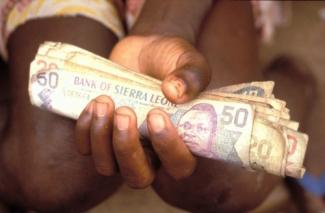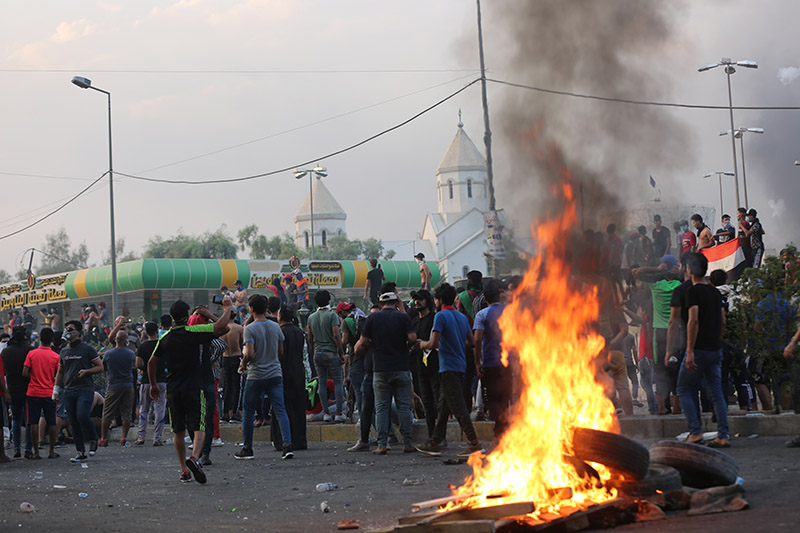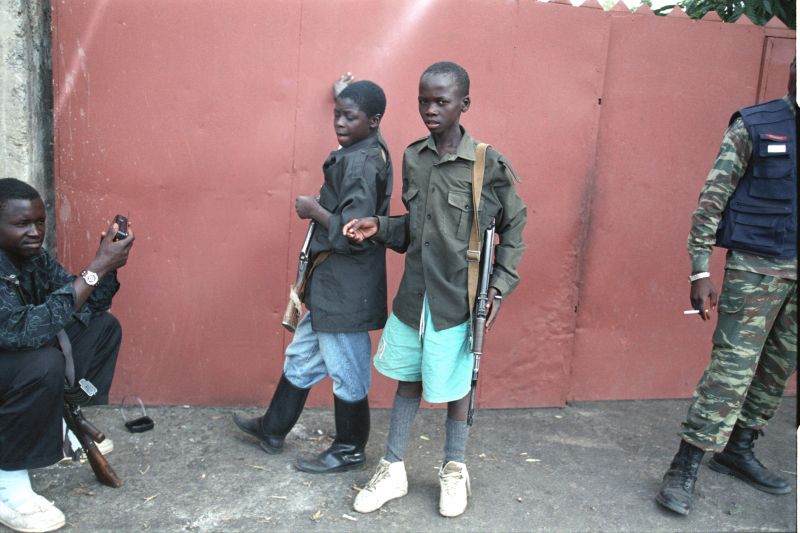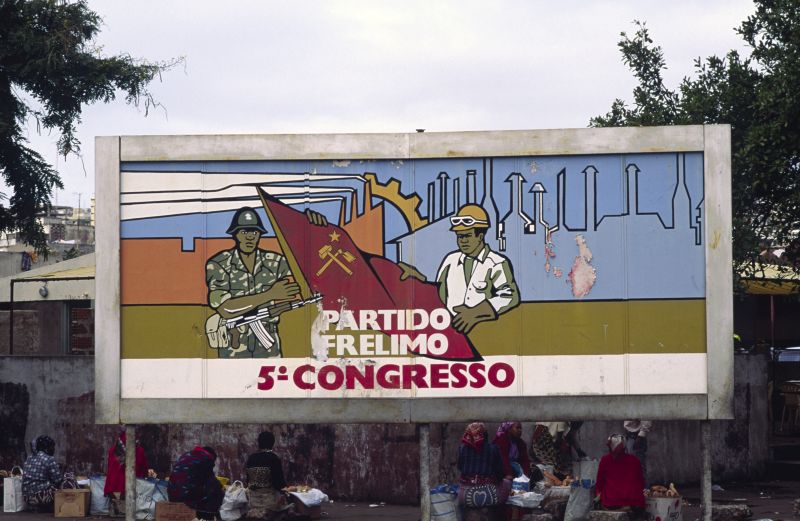Peacebuilding
Corruption, a necessary evil

Corruption is generally seen as one of the biggest breaks on development. It is believed to hamper democratisation, thwart the rule of law and hinder economic progress, whilst encouraging crime and terrorism at the same time. Frustration about corruption is often the reason for violent conflict. Donors do not want to support any form of corruption and face the pressure to make sure their official development assistance (ODA) is not syphoned off in dubious channels. “Accordingly there is a broad international consensus on the relevance of fighting corruption,” writes Franziska Perlick from the Graduate Centre for Development Studies of Universitätsallianz Ruhr.
According to her, post-conflict countries have weak state capacities and are thus usually among the most corrupt in the world. The influx of aid for peacebuilding and reconstruction compounds problems because it offers vast opportunities for illicit gains in a situation of scarcity. This setting is quite difficult for anyone who wants to help build peace, the author argues.
In Perlick’s eyes, fighting corruption should not be the top priority in peacebuilding as there actually may be a trade-off between political stability and corruption. Perlick writes that peacebuilders typically have to tolerate or even support some corrupt activities in order to end or prevent violence, to get potential spoilers involved in negotiations or to gain access to necessary services. The author agrees that this is not desirable, but insists that it is often inevitable. Moreover, corruption can boost an aid agency’s efficiency or effectiveness by speeding up lengthy bureaucratic procedures.
According to Perlick, corruption may serve social and redistributive functions, so it does not necessarily lead to public outrage or complaints. In a post-conflict society, she argues, corruption becomes a survival strategy for common people and does not only result from irresponsible personal greed.
Perlick wants international peacebuilders to admit that the goal of quickly turning a traumatised post-crisis country into a prosperous and democratic state is hardly realistic. In her view, immediate peacebuilding comes first, and statebuilding, which is a long term task, begins later.
Perlick bases her reasoning on a case study of Sierra Leone, where peace was successfully built from 2002 to 2012 after devastating decades of civil war. The author claims that things went better here than in most other post-crisis countries and examines what effect corruption had on the peacebuilding process. According to her, patronage was deeply embedded in social institutions, and a large part of the population depended on it for survival. She praises the UN peace mission for taking this fact into account and therefore postponing concerns for good governance to a later phase. It only began to deal with the topic in 2008, six years after the war had ended.
The scholar reports that the corruption levels actually rose until 2008, but that political stability was consolidated and tolerance between ethnic groups grew at the same time. Corruption thus did not thwart or undermine the peace process. Perlick does not argue that corruption should not be fought, but she insists it should happen at the right time, not at the start, and that the determination of the local people to improve matters is essential.
The conclusion of her work is that, as long as enough people profit from the corruption system, it will not necessarily reduce the legitimacy of a post-conflict regime. The irony of corruption, according to Perlick, is that “nobody wants it, but it still persists and a lot of people participate”. The author’s recommendation is that donors should work on replacing corrupt practices with viable and legitimate alternatives.
Sabine Balk
Link
Perlick, F., 2016: Corruption and political stability in post-conflict countries: Is there really a trade-off? Duisburg/Bochum.
https://inef.uni-due.de/cms/files/wp12_perlick.pdf











